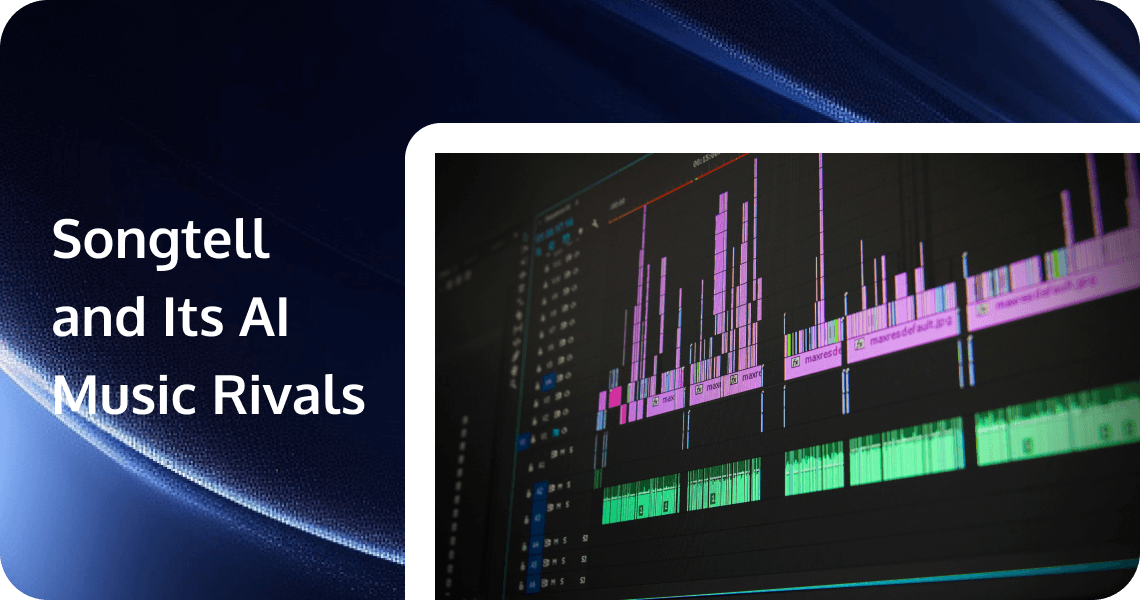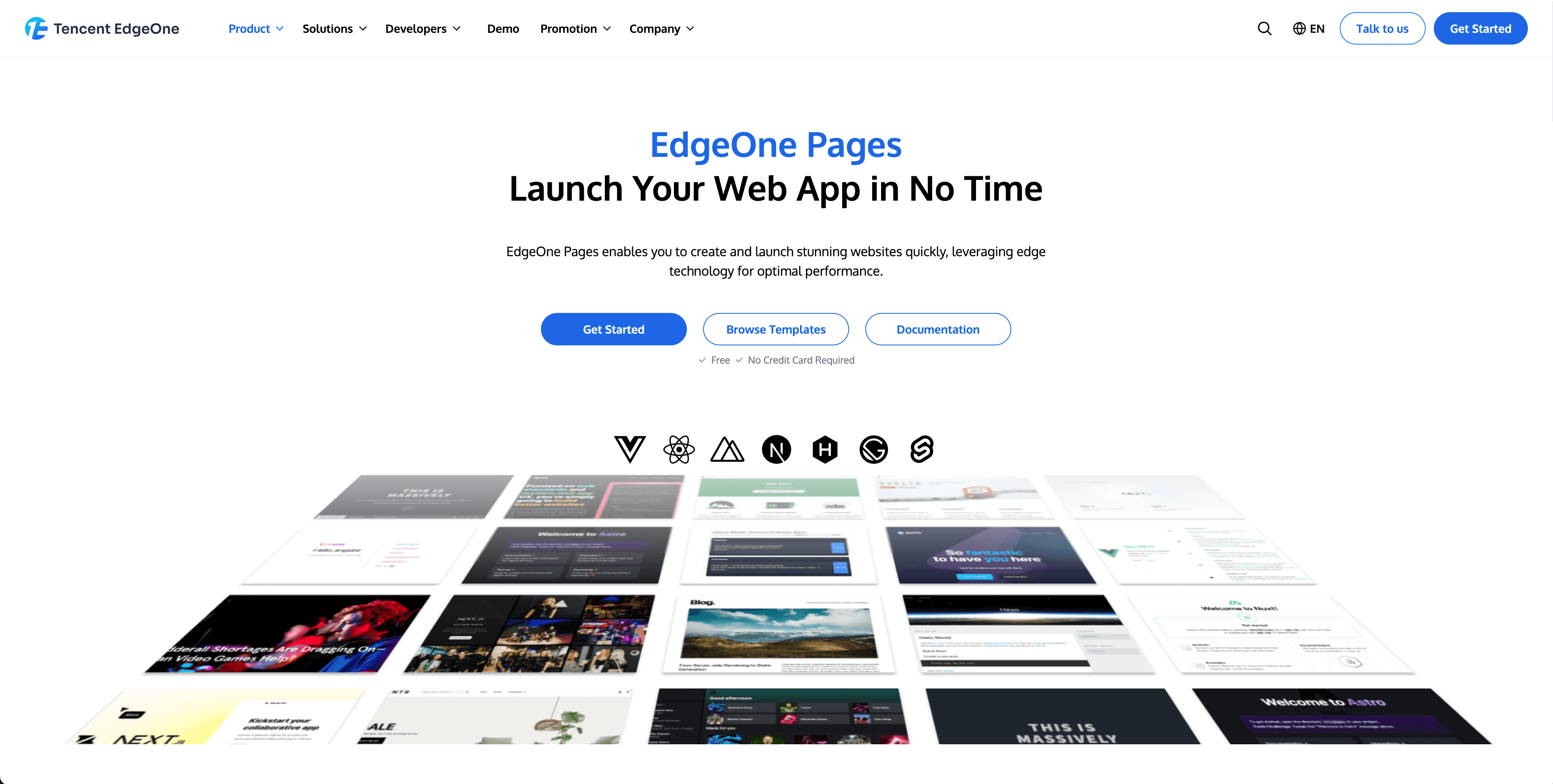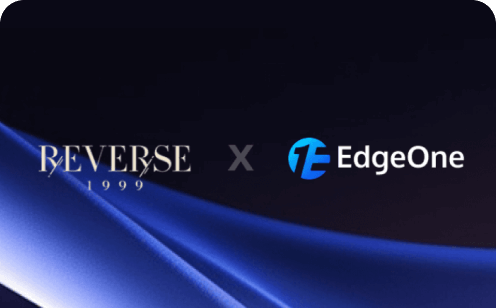Exploring Songtell and Its AI Music Rivals: A Comprehensive Analysis of Modern Music Recognition Platforms

The music industry has witnessed a significant transformation with the advent of Artificial Intelligence (AI). AI-driven applications are revolutionizing the way we create, analyze, and enjoy music. This article aims to provide a detailed introduction to Songtell, an innovative AI music application, and compare it with its main competitors in the market. By exploring the unique features, pricing, and target audience of Songtell, as well as the strengths and weaknesses of its competitors, we can gain a comprehensive understanding of the current landscape of AI in the music industry.
What is Songtell?
Songtell is a music recognition platform designed to bridge the gap between simple song identification and in-depth music analysis. At its core, the service allows users to identify songs playing in their environment, but extends functionality well beyond basic recognition.
Core Features and Functionality
Songtell's primary capabilities include:
- Real-time audio recognition for identifying playing music
- Detailed song information, including artist data, release information, and genre classification
- Lyric detection and synchronization technology
- Music history and contextual background about recognized tracks
- Personalized music recommendations based on identified songs
- Social sharing capabilities integrated with major platforms
The platform distinguishes itself through its emphasis on providing a deeper musical context and analysis, rather than merely identifying. While services like Shazam excel at quickly naming a track, Songtell aims to tell the story behind the music—hence its name.
Target Audience
Songtell caters to multiple user segments:
- Music enthusiasts seeking deeper knowledge about songs they discover
- Content creators requiring comprehensive music information
- Casual listeners who want to expand their musical knowledge
- Music industry professionals researching market trends and consumer preferences
The technology powering Songtell combines acoustic fingerprinting algorithms with machine learning models trained on vast music databases, enabling both rapid recognition and detailed analysis of musical patterns and characteristics.
The Music Recognition Market Landscape
The music recognition market has matured significantly since Shazam pioneered the space in the early 2000s. Current market analysis indicates consistent growth, with the global music recognition market expected to expand at a compound annual growth rate (CAGR) of approximately 15% through 2026.
Key market trends include:
- Integration of recognition technology into smart speakers and voice assistants
- Increasing demand for context-aware music services
- Growing interest in song data beyond basic identification
- Rising importance of synchronized lyrics for social media content
User expectations have evolved from simple "what's this song?" queries to demands for comprehensive music information ecosystems. Today's users expect immediate recognition, historical context, social sharing options, and seamless integration with streaming platforms—all delivered through intuitive interfaces.
Songtell's Major Competitors Analysis
1. Shazam
As the pioneer and market leader in music recognition, Shazam (now owned by Apple) remains the benchmark against which all competitors are measured.
Key Features:
- Lightning-fast song recognition (typically under 3-5 seconds)
- Massive song database with over 70 million tracks
- Integration with Apple Music and Spotify for immediate playback
- Visual recognition capabilities for Shazam-enabled content
- Offline recognition mode
Market Position: With over 200 million monthly active users and more than a billion downloads, Shazam dominates the market in terms of brand recognition and user base. Its acquisition by Apple in 2018 further strengthened its position by enabling deeper iOS integration.
Comparison with Songtell: While Shazam excels at speed and breadth of recognition, Songtell offers more detailed musical analysis and contextual information. Shazam's strength lies in its simplicity and efficiency, whereas Songtell aims to provide a more educational and immersive experience.
2. SoundHound
SoundHound has evolved from a Shazam competitor into a distinctive voice AI platform with music recognition as a core capability.
Distinctive Capabilities:
- Humming and singing recognition (not just recorded audio)
- Voice assistant functionality through "OK Hound"
- Natural language processing for music-related queries
- Discovery features for similar artists and related content
User Experience Comparison: SoundHound offers a more conversational approach to music discovery compared to both Shazam and Songtell. While Songtell focuses on depth of musical information, SoundHound emphasizes versatility in input methods and voice interaction.
The service's voice-first approach contrasts with Songtell's content-rich orientation, though both services aim to provide more than basic identification.
3. Musixmatch
Musixmatch has established itself as the world's largest lyrics platform, with music recognition as a complementary rather than primary feature.
Core Offering:
- Synchronized lyrics for over 8 million songs in 80 languages
- Integration with major streaming platforms (Spotify, Apple Music)
- Floating lyrics widget for use with other music apps
- Community-powered lyrics contributions and translations
Comparison with Songtell: While Songtell offers lyrics as part of its comprehensive music analysis, Musixmatch specializes exclusively in the lyrics space with greater depth. Songtell provides a broader musical context, whereas Musixmatch delivers a more focused lyrics-centric experience. The integration capabilities of Musixmatch exceed those of Songtell at present, though Songtell offers more historical and analytical content.
4. Genius
Originally focused on annotated lyrics, Genius has expanded to become a music knowledge platform with a strong community element.
Content Focus:
- Crowd-sourced annotations explaining lyrics and musical references
- Artist-verified content and exclusive interviews
- Strong emphasis on hip-hop and rap genres
- Video content series and music news
Feature Comparison: Unlike Songtell, Genius doesn't offer audio recognition technology but instead focuses on building a comprehensive database of annotated lyrics and music knowledge. While Songtell provides automated analysis, Genius leverages human expertise and community contributions to create a different kind of music information resource.
Songtell's Competitive Advantages
Songtell's primary differentiation lies in its balanced approach between technical recognition capabilities and rich musical context. Specific competitive advantages include:
Technological Innovations
- Advanced audio pattern recognition that can identify songs even with significant background noise
- Semantic analysis of lyrics to extract themes and meaning
- Historical pattern recognition to identify musical influences and similar compositions
User Experience Differentiators
- Interactive timelines showing a song's position within musical history
- Visual representation of musical elements (rhythm patterns, key changes, instrumental layers)
- Contextual recommendations based on deep musical attributes rather than just genre or artist
Specialized Features
- Detailed production credits beyond the primary artists
- Instrument-specific analysis suitable for musicians and producers
- Cultural and historical context explaining a song's significance
Market Opportunities and Challenges
Current Market Gaps
- Educational music platforms that explain music theory concepts through real songs
- Tools connecting musical analysis with creation for amateur producers
- Cross-cultural music analysis explaining international influences
Challenges Facing Songtell
- Competing against established brands with larger user bases
- Building and maintaining a comprehensive database comparable to industry leaders
- Balancing the depth of content with user experience simplicity
- Securing licensing agreements for comprehensive lyric and music data
Opportunities
- Targeting educational institutions and music students
- Developing API services for content creators and music professionals
- Focusing on underserved genres where major competitors have less coverage
- Creating premium analysis tools for professional users
Future Developments of Songtell
The music recognition industry is likely to evolve in several key directions:
Predicted Industry Trends
- Deeper integration with wearable technology for passive music identification
- Augmented reality experiences triggered by recognized music
- Advanced emotional analysis of music for mood-based recommendations
- Integration with social platforms for collaborative music discovery
Technological Advancements
- Enhanced recognition accuracy in challenging acoustic environments
- Real-time translation and cultural context for international music
- Voice-activated music analysis for hands-free information
- Blockchain integration for attribution and royalty tracking
Songtell's Potential Evolution
To remain competitive, Songtell could develop:
- Expanded partnerships with music education platforms
- Creator tools for analyzing musical influences
- Enhanced visualization of musical elements and structure
- Community features allowing users to contribute historical context
How to Build Your AI Tools with EdgeOne Pages

If you have a brilliant AI tool concept and want to turn it into an accessible web application, EdgeOne Pages can help you bring it to life quickly and effortlessly. Here's why EdgeOne Pages stands out for AI tool development:
- Global Acceleration and Fast Deployment: Utilize Tencent Cloud's global CDN network for rapid delivery of your AI tools worldwide. Deploy your AI applications in seconds, ensuring low-latency access for global users interacting with your models.
- Edge Serverless and AI Framework Support: Run lightweight AI inference at the edge without managing complex server infrastructure. EdgeOne Pages supports popular frameworks like React, Vue, and Next.js, making it ideal for creating intuitive interfaces for your AI tools.
- Seamless GitHub Integration for AI Development: Automate deployment with GitHub integration, perfect for AI development workflows. Every commit to your AI tool repository triggers an automatic build and deployment, enabling rapid iteration and testing of your models.
- Free and Unlimited Traffic for AI Experimentation: Enjoy free service with unlimited traffic and daily build quotas during the public beta, making it ideal for AI researchers, hobbyists, and startups to test their tools with real users without worrying about costs.
- Easy Setup and High Reliability for AI Services: Set up your AI tools easily with minimal configuration. Built-in error handling ensures high availability and stability, keeping your AI applications accessible and responsive even under heavy usage.
EdgeOne Pages provides a robust platform for deploying your AI tools, ensuring that your innovative machine learning applications are delivered quickly and efficiently to users around the world, regardless of their location or device.
Conclusion
In summary, the AI music application market is highly competitive, with each platform offering unique features and targeting specific user needs. Songtell's comprehensive feature set, including music analysis, creation, and collaboration tools, makes it a versatile choice for a wide range of users. Songtell's ideal users are those who view music as more than entertainment—people who want to understand the stories, structures, and significance behind the songs they discover. As the market continues to mature, services that provide value beyond basic recognition will likely find dedicated audiences within the increasingly segmented music technology landscape.

